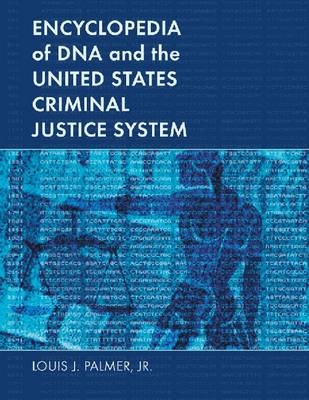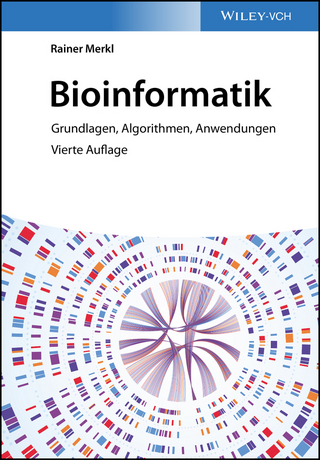
Encyclopedia of DNA and the United States Criminal Justice System
Seiten
2013
McFarland & Co Inc (Verlag)
978-0-7864-7531-5 (ISBN)
McFarland & Co Inc (Verlag)
978-0-7864-7531-5 (ISBN)
Forensic DNA analysis was first introduced to the American criminal justice system in the mid-1980s. In spite of its relatively brief existence in American jurisprudence, DNA testing has become the leading forensic tool for obtaining sexual assault criminal convictions, and the single most powerful evidence for establishing the innocence of criminal suspects and wrongfully convicted defendants.
The development of DNA ""fingerprinting"" and the role it has played in the American criminal justice system is covered in this encyclopedia. Numerous entries explain the relationship of forensic DNA analysis with microbiology, population genetics, statistics, and the legal rules of the admissibility of scientific evidence. The encyclopedia also presents the full text, preceded by summaries, of all state and federal government statutes that address the forensic use of DNA analysis, and the edited text of judicial case opinions that address specific forensic DNA issues. Also included are entries on many of the organisations that use DNA fingerprinting to free wrongly convicted defendants and many of the individuals who were released from prison (many of whom were on death row) after DNA testing proved their innocence.
The development of DNA ""fingerprinting"" and the role it has played in the American criminal justice system is covered in this encyclopedia. Numerous entries explain the relationship of forensic DNA analysis with microbiology, population genetics, statistics, and the legal rules of the admissibility of scientific evidence. The encyclopedia also presents the full text, preceded by summaries, of all state and federal government statutes that address the forensic use of DNA analysis, and the edited text of judicial case opinions that address specific forensic DNA issues. Also included are entries on many of the organisations that use DNA fingerprinting to free wrongly convicted defendants and many of the individuals who were released from prison (many of whom were on death row) after DNA testing proved their innocence.
Louis J. Palmer, Jr., is an attorney for the West Virginia Supreme Court of Appeals. An author of numerous reference works on criminal justice, he lives in Pocatalico, West Virginia, USA.
Table of Contents
Preface
The Encyclopedia
Bibliography
Index
| Zusatzinfo | 69 photographs |
|---|---|
| Verlagsort | Jefferson, NC |
| Sprache | englisch |
| Maße | 213 x 277 mm |
| Gewicht | 1093 g |
| Themenwelt | Schulbuch / Wörterbuch ► Lexikon / Chroniken |
| Informatik ► Weitere Themen ► Bioinformatik | |
| Studium ► 2. Studienabschnitt (Klinik) ► Rechtsmedizin | |
| Naturwissenschaften ► Biologie ► Genetik / Molekularbiologie | |
| Recht / Steuern ► Strafrecht ► Kriminologie | |
| ISBN-10 | 0-7864-7531-5 / 0786475315 |
| ISBN-13 | 978-0-7864-7531-5 / 9780786475315 |
| Zustand | Neuware |
| Haben Sie eine Frage zum Produkt? |
Mehr entdecken
aus dem Bereich
aus dem Bereich
Buch | Softcover (2021)
Springer Spektrum (Verlag)
CHF 69,95
Grundlagen, Algorithmen, Anwendungen
Buch | Hardcover (2022)
Wiley-VCH (Verlag)
CHF 109,95


